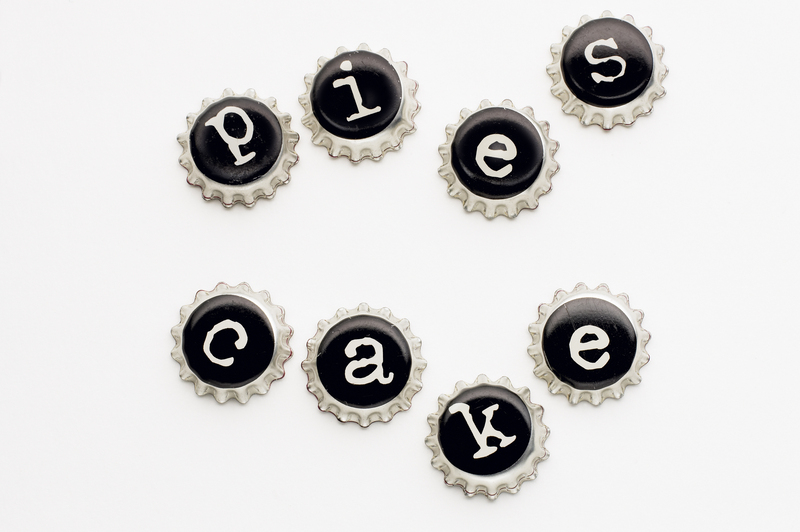Sustainable Solutions for Music Festival Waste Management
Posted on 17/09/2024
Music festivals are a beloved source of entertainment and a way for people to come together and celebrate their love for music. However, with thousands of attendees and multiple days of festivities, the environmental impact can be significant. From plastic pollution to excessive energy consumption, music festivals have been under scrutiny for their lack of sustainable practices. But with more emphasis on creating a greener world, music festivals are now taking steps towards sustainable waste management solutions. In this article, we will explore some of these solutions and how they can make a positive impact on the environment.
The State of Music Festival Waste
The amount of waste generated at music festivals is staggering. In the UK alone, an estimated 23,500 tonnes of waste are produced every year from music festivals. This includes everything from food packaging to plastic cups, cans, bottles, and other single-use items. Most of this waste ends up in landfills or is littered in the surrounding areas, causing harm to wildlife and polluting the ecosystem.
Moreover, the energy consumption at music festivals is also a major concern. Festivals require a significant amount of electricity to power stages, lighting, and other equipment. This energy largely comes from non-renewable sources such as diesel generators which contribute to air pollution and greenhouse gas emissions.

Sustainable Solutions
Recognizing the negative impact of waste and energy consumption on the environment, many music festivals are now implementing sustainable solutions to reduce their carbon footprint. These include:
1) Waste Management Plans
Music festivals now have strict waste management plans in place to ensure all waste is collected and disposed of properly. This includes setting up recycling stations throughout the festival grounds where attendees can separate their waste into different categories such as plastic, paper, and compostable materials. By implementing this system, festivals are able to divert a large percentage of waste from landfills.
2) Ban on Single-Use Items
Another solution is the ban on single-use items such as plastic water bottles, straws, and utensils. Instead, festivals are providing attendees with reusable or compostable alternatives. This not only reduces the amount of waste generated but also encourages attendees to make more eco-friendly choices.
3) Renewable Energy
Many festivals are now turning to renewable energy sources such as solar panels and wind turbines to power their stages and other equipment. This significantly reduces their carbon footprint and reliance on non-renewable energy sources. Some festivals have even gone completely off-grid, setting up their own sustainable power systems.
4) Collaborations with Sustainable Companies
Collaborating with sustainable companies has become a popular trend in the music festival industry. These companies provide eco-friendly products and services such as biodegradable food packaging, sustainable merchandise, and waste management solutions to help festivals achieve their sustainability goals.
The Pros and Cons of Sustainable Solutions
While these sustainable solutions are a step in the right direction, they come with both pros and cons. The pros include reducing waste, lowering carbon emissions, and promoting eco-friendly practices among attendees. However, implementing these solutions can be costly for festivals, which may result in higher ticket prices for attendees. Additionally, there may be pushback from attendees who are used to the convenience of single-use items.

Tips for Attendees
If you are planning to attend a music festival, here are some tips to help reduce your environmental impact:
- Bring your own reusable water bottle.
- Opt for biodegradable or compostable food packaging if available.
- Separate your waste into recycling and compost bins.
- Avoid purchasing single-use items like plastic cups or straws.
- Use public transportation, carpool, or bike to the festival if possible.

Takeaways
Sustainable waste management solutions are an important aspect of making music festivals more environmentally friendly. By implementing these solutions, festivals can reduce their carbon footprint and inspire attendees to make greener choices. However, it is a collaborative effort between festival organizers and attendees to truly make a positive impact on the environment.
In Conclusion
Music festivals have a responsibility to address their environmental impact and take steps towards sustainability. With the implementation of waste management plans, eco-friendly alternatives, and renewable energy sources, festivals can become more sustainable while still providing a memorable experience for attendees. It is up to both festival organizers and attendees to work together in creating a greener future for music festivals.
Latest Posts
Get to Know Paddington: A Local's Perspective
Selling Apartments in Paddington
Life in Paddington: What Locals Say





